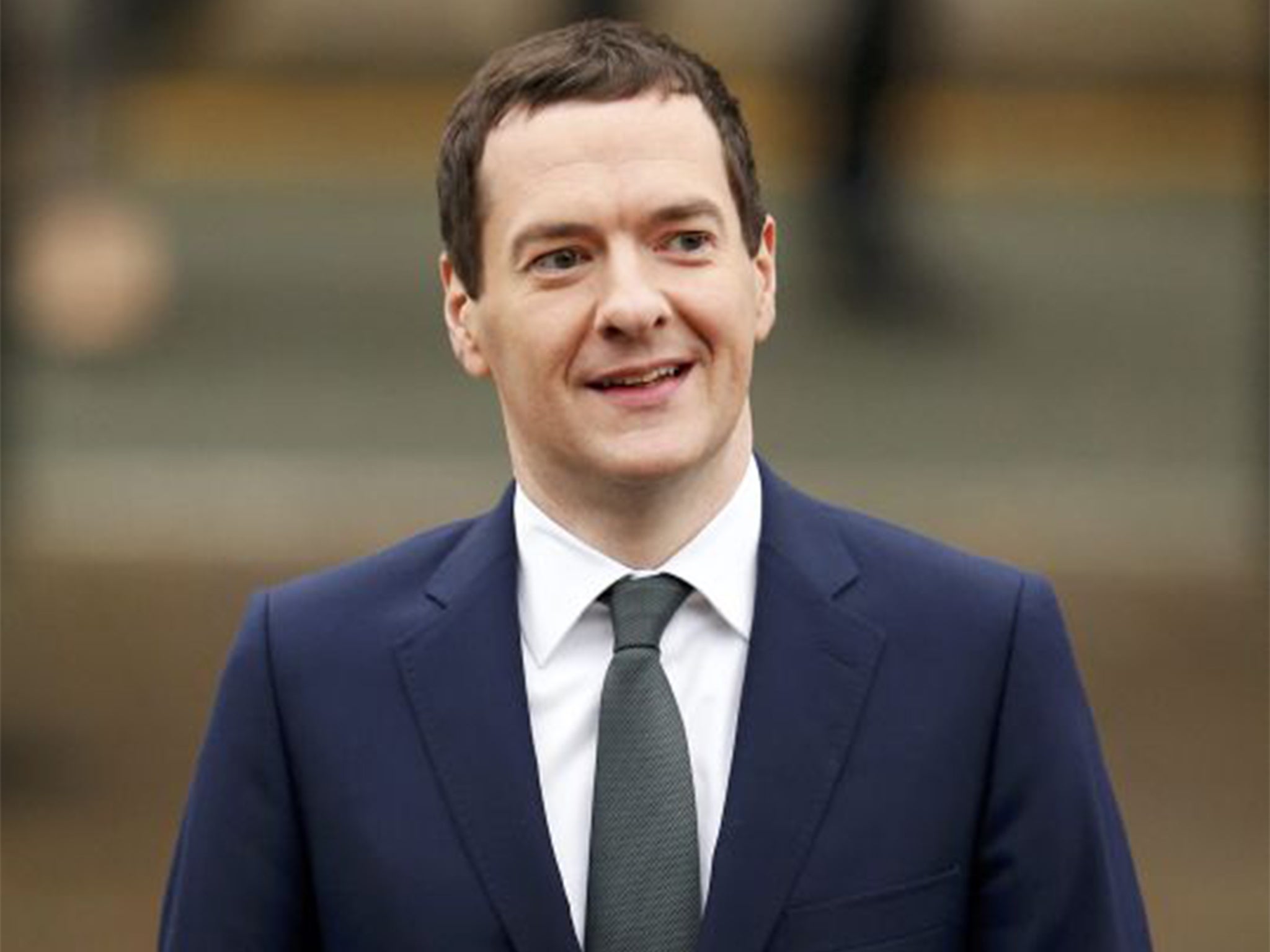Planned cuts to tax credits would leave some people on low incomes facing effective tax rates of 93 per cent, according to a new analysis.
A study by consultants Policy In Practice found that the Government’s changes would dramatically weaken work incentives.
This effect occurs because people who increase their hours at work to compensate for cuts would see the money they earned almost entirely matched by a further fall in their benefit as their income increased past further withdrawl thresholds.
“Working Tax Credit recipients that choose to counter the loss by increasing their earnings will lose up to an additional 7p for each pound earned,” the consultancy found. “Effective tax rates may increase up to 93p in the pound.”
“Tax credit recipients who are not in work and the lowest earners, including self-employed households will not be impacted by these changes. Those that contribute most to the economy will be hardest hit.”
Last week the Institute for Fiscal Studies warned that the policy would dramatically weaken work incentives for people on low incomes.
“The Chancellor made quite a big choice in the Budget, he’s decided actually to hit people in work rather harder than people out of work,” director Paul Johnson told BBC Radio 4’s Today programme.
“So he’s actually made the choice, relatively speaking, to protect some of the poorest people on tax credits.
“The cost of that is that he’s hitting rather harder some of those that are in work, thereby reducing work incentives and, of course, hitting what he might call ‘hardworking families’.”
Research conducted by the IFS calculated that only around quarter of money take from families through tax credit cuts would be returned by the new National Living Wage.
The Chancellor has in recent months claimed that the Conservatives are a true "workers party" - claiming that his opponents Labour represent the unemployed.
Tax credits are payments made by the Government to people on lower incomes, most of whom are in work, however.
The claim that the Chancellor’s policy is undermining work incentives is apparently at odds with the Government’s wider stated approach to the issue.
The Department for Work and Pensions, under the leadership of Iain Duncan Smith, has tried to promote work incentives with its new Universal Credit benefits system.
That scheme is supposed to reduce the rate at which benefits are withdrawn from people with they get a job, in order to make it financially beneficial for them to get a job.
The Chancellor has however shown little zeal for this agenda in the past, having previously cut the new programme’s “work allowance” component before it had even come into effect.
The House of Lords will today vote a series of motions proposed by opposition parties to delay of stop the cuts.
Education Secretary Nick Morgan said the Chancellor was listening to concerns about the policy, while Mr Osborne himself has not given any interviews recently.
Labour’s shadow chancellor John McDonnell promised on Sunday that Labour would not make political capital out of any U-turn.
Public opposition to the policy appears to be hardening, with a ComRes poll for the Independent On Sunday suggesting that 43 per cent disagree that the cuts are needed – compared to 34 per cent who do.
Mr Cameron effectively ruled out cutting the benefit before the election, telling a voters’ question time event that he “rejected” proposals to cut tax credits and did not want to do so.
The cuts are part of £12bn welfare cuts that the Conservatives say they will make to hit their deficit targets.
A study by the Resolution Foundation think-tank found that 200,000 children would slide into poverty immediately after the tax credit cuts go ahead.

Join our commenting forum
Join thought-provoking conversations, follow other Independent readers and see their replies
Comments